
Category:
Time:
Age-related loss of skeletal muscle mass and strength leading to impairment in daily function, increased risk of disability, frailty and development of comorbidities is occurring in even healthy, elderly people. In the forthcoming decades demography foresees that the number of elderly citizens will increase, and so will the societal expenses for welfare services for elderly care, nursing, and hospitalizations. Therefore, strategies to counteract the age-related loss of skeletal muscle mass, strength and function of the general elderly population are requested.
During the last decades, exercise and nutrition physiology sciences have markedly increased our knowledge on ways to gain muscle mass and strength. Today, we know that muscular training and specifically protein intake are two strategies that are effective in maintaining and improving muscle mass and function. This lecture will present the background knowledge supporting potential actions to gain muscle size and function through interventions with protein intake and muscular training. Some of the latest on-going research projects will be outlined and preliminary data shared.
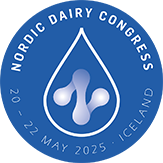












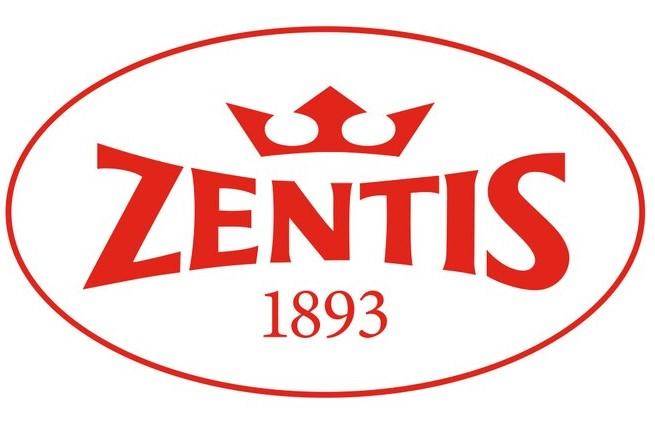

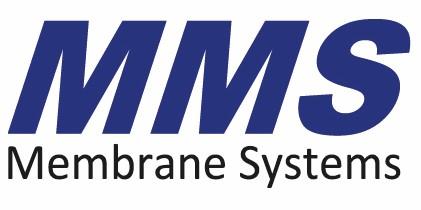


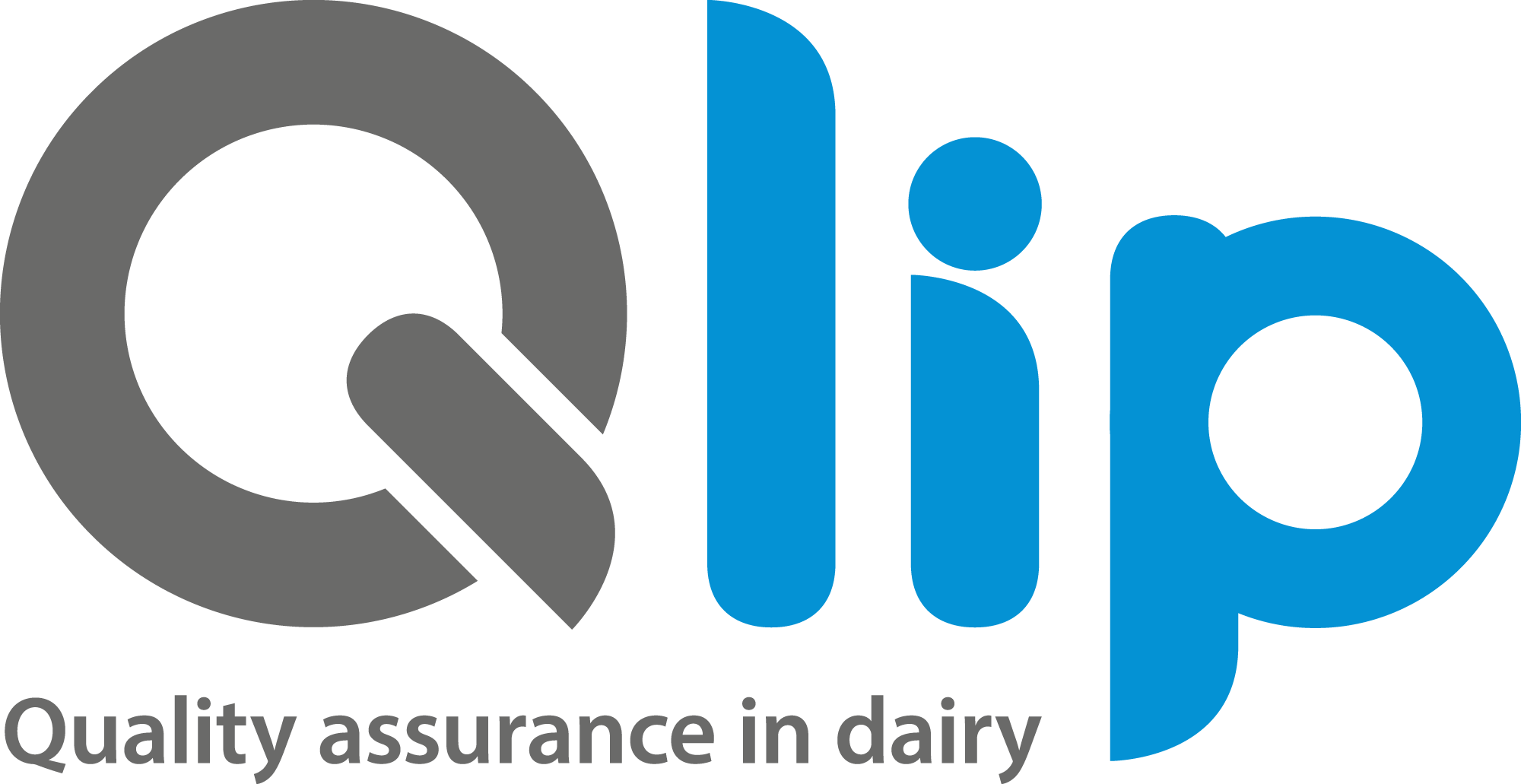
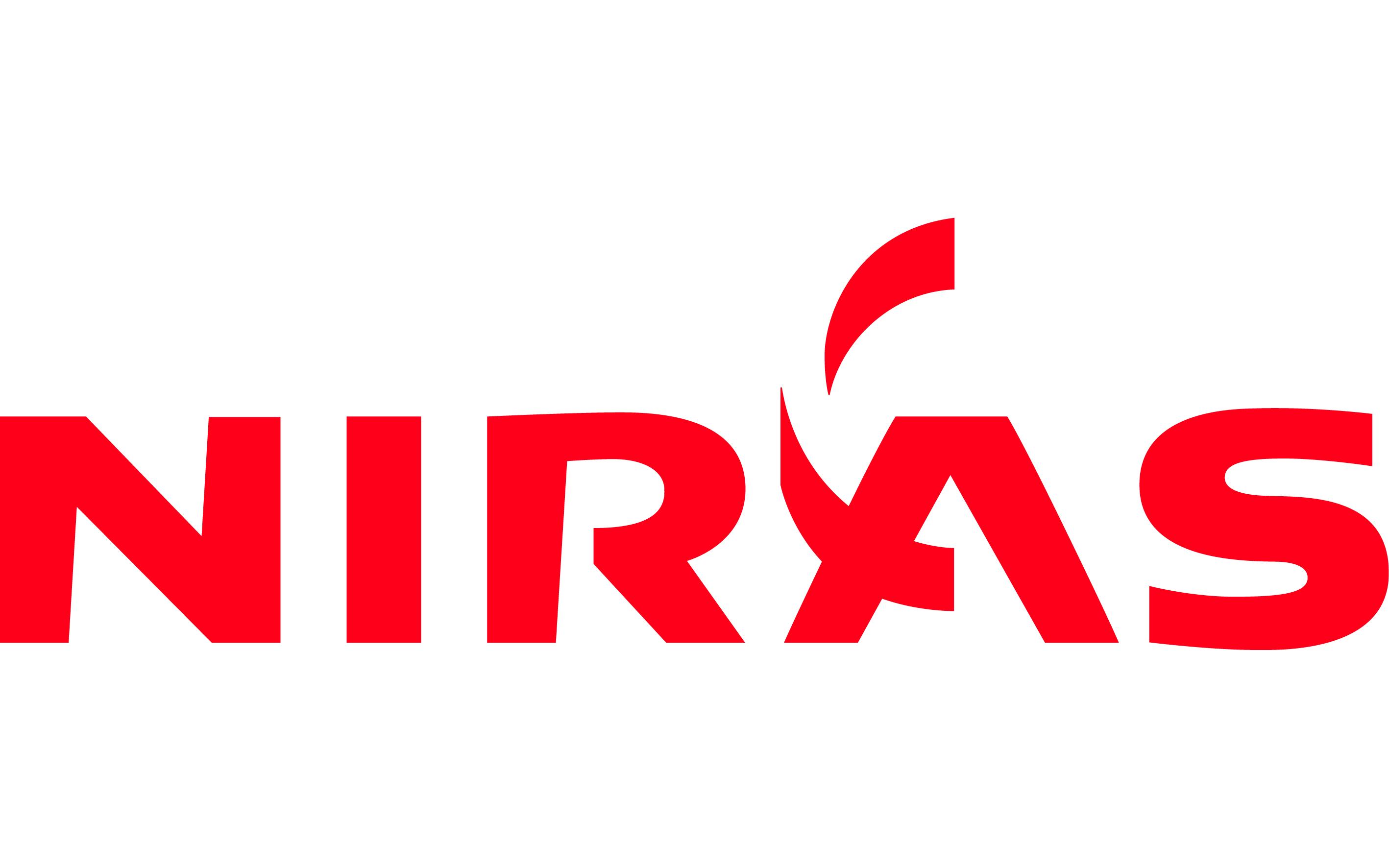


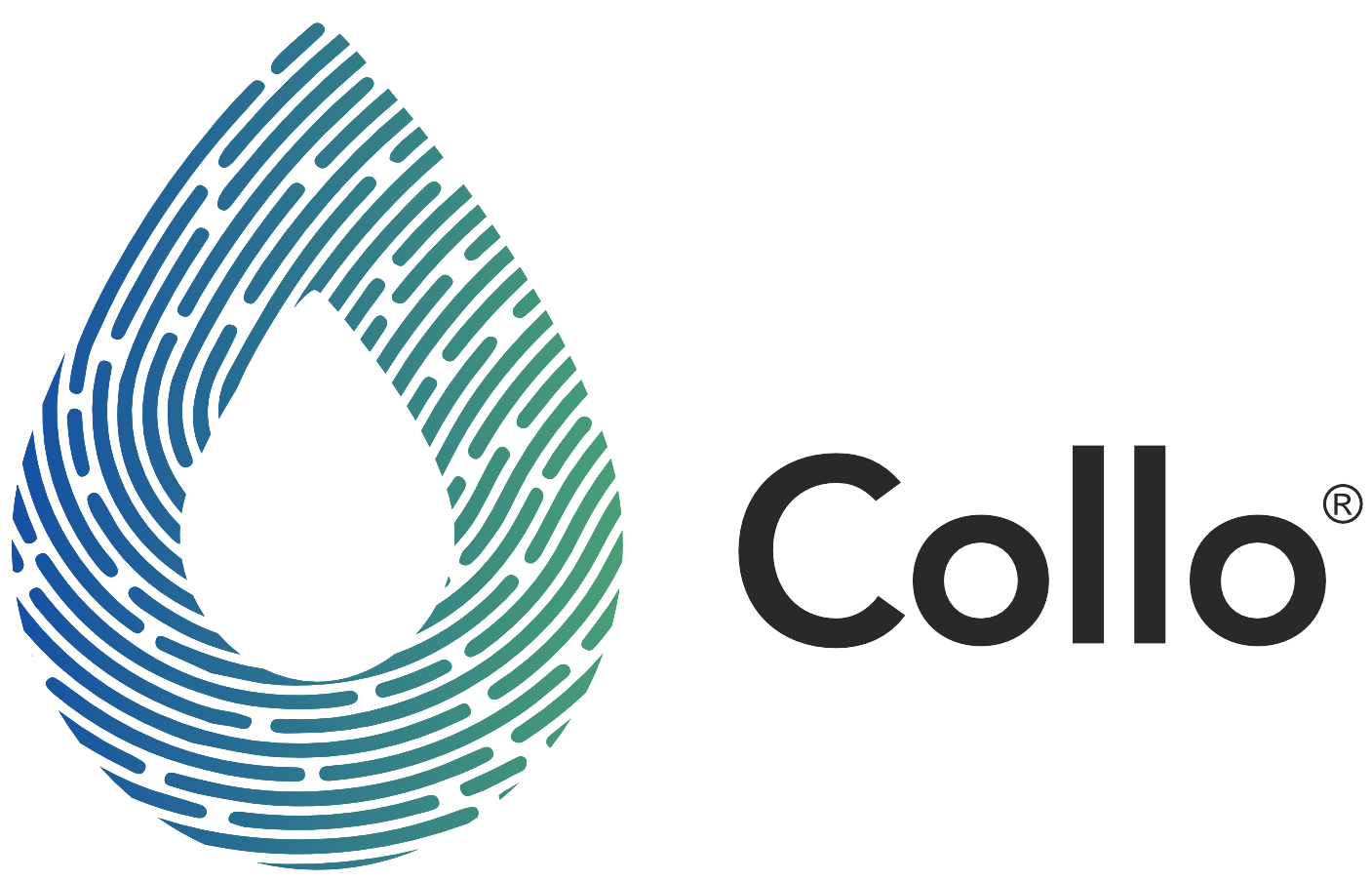
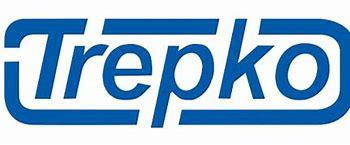




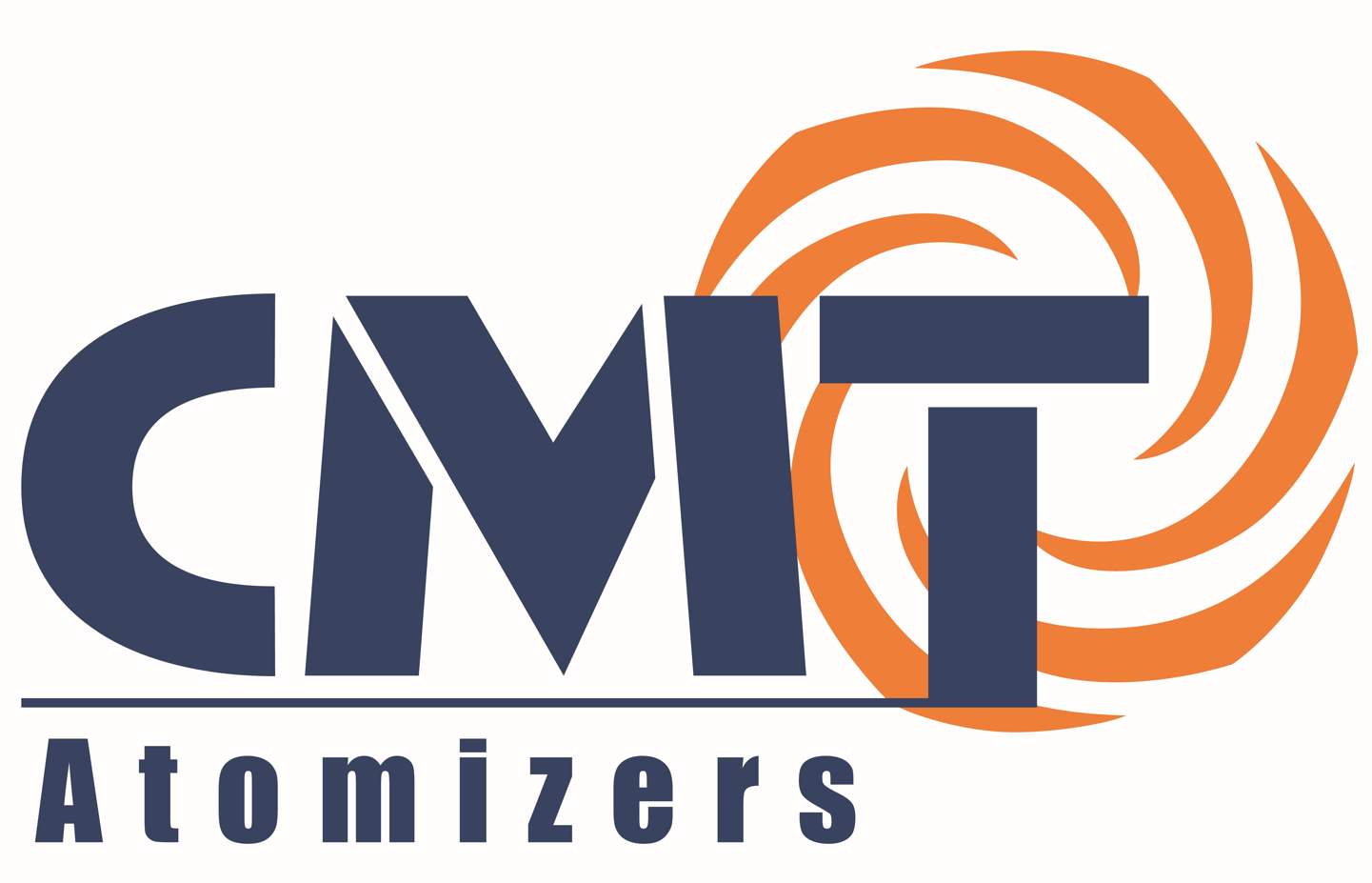
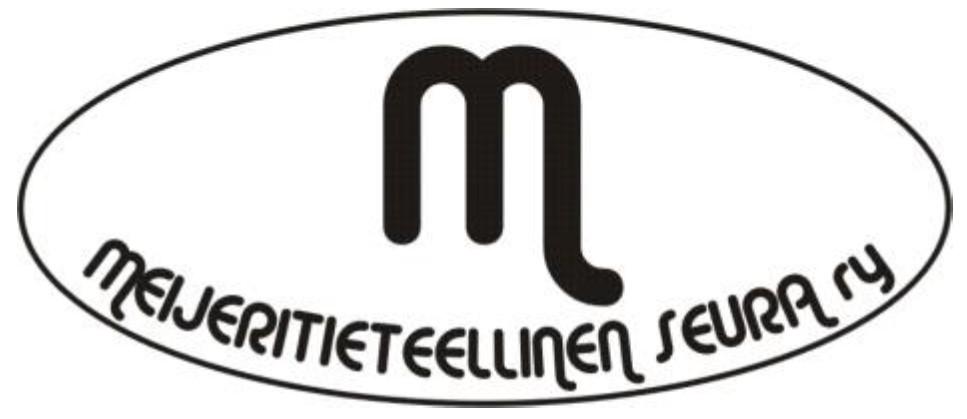
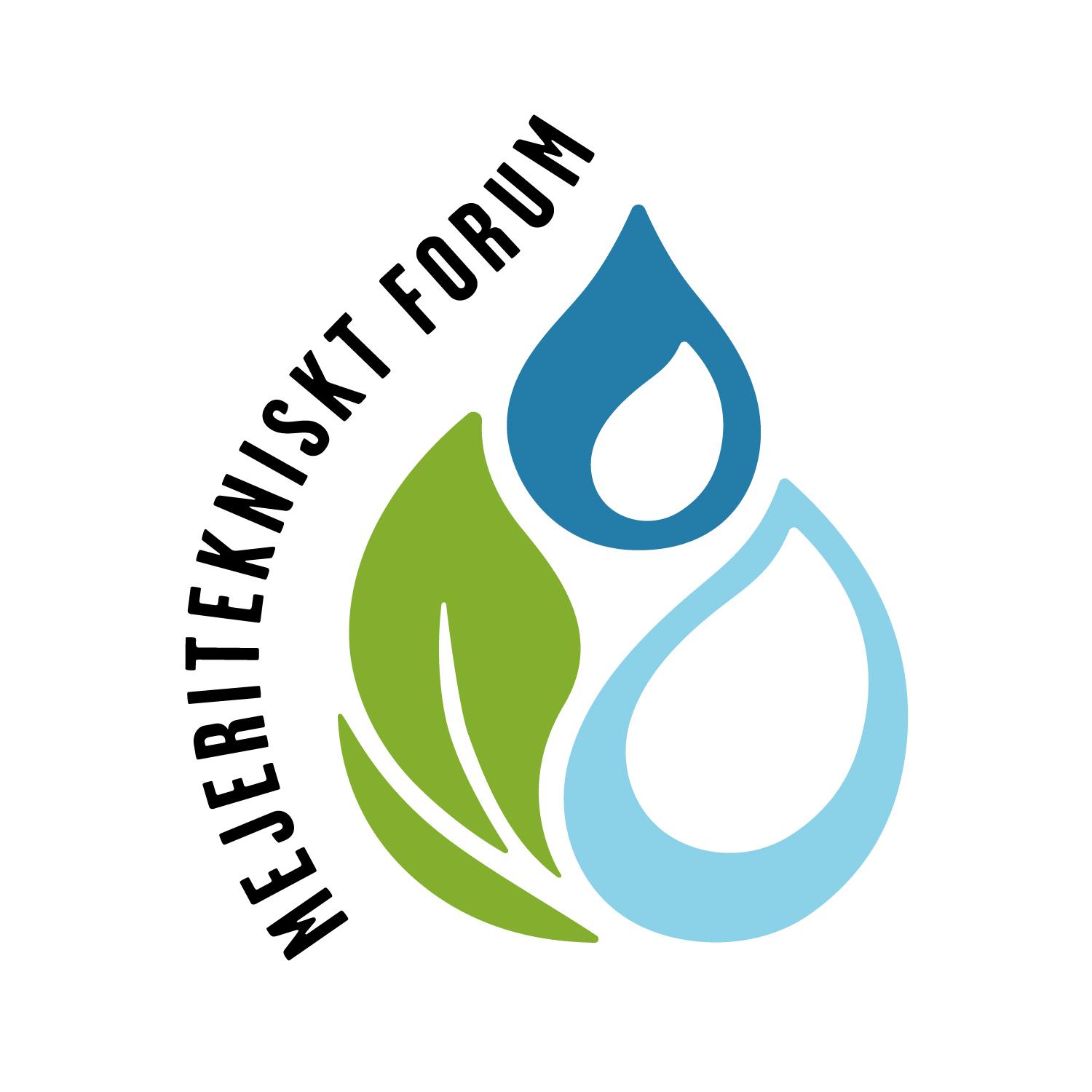
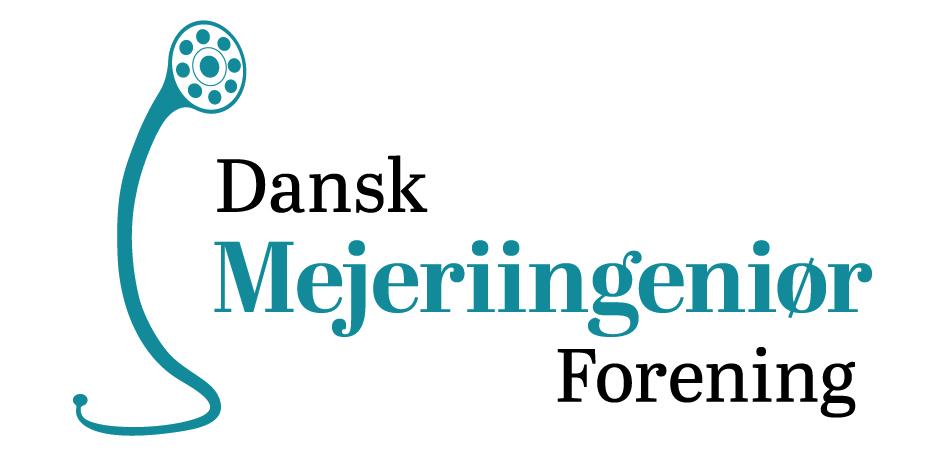
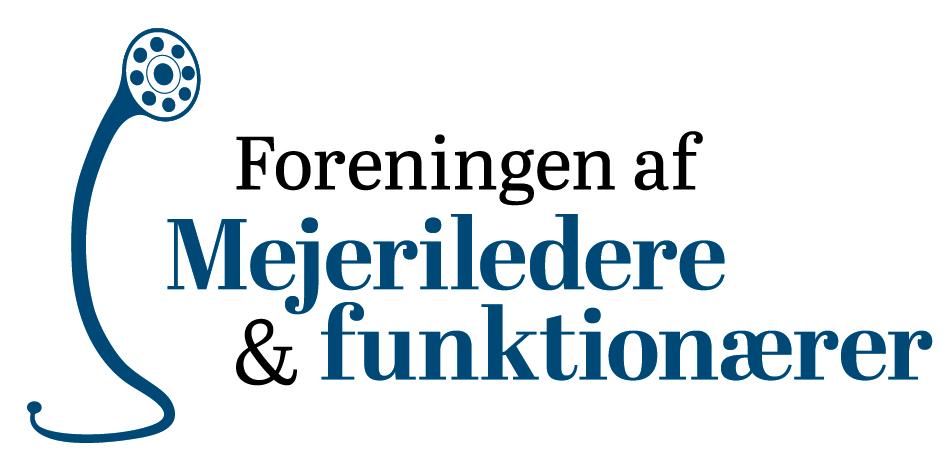



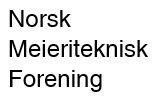
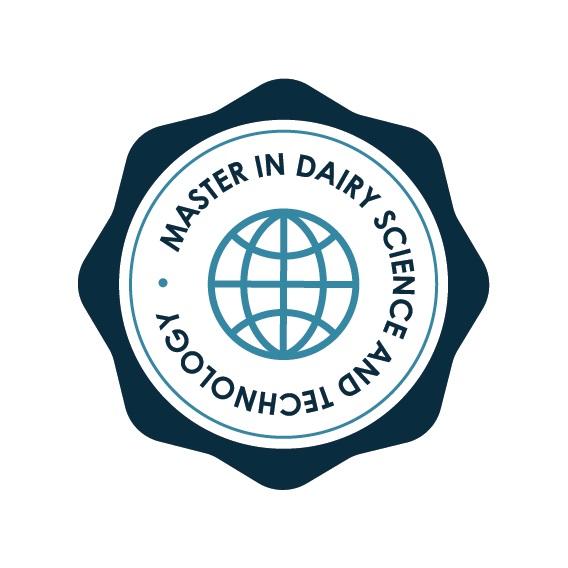
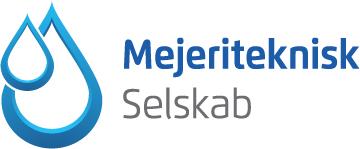





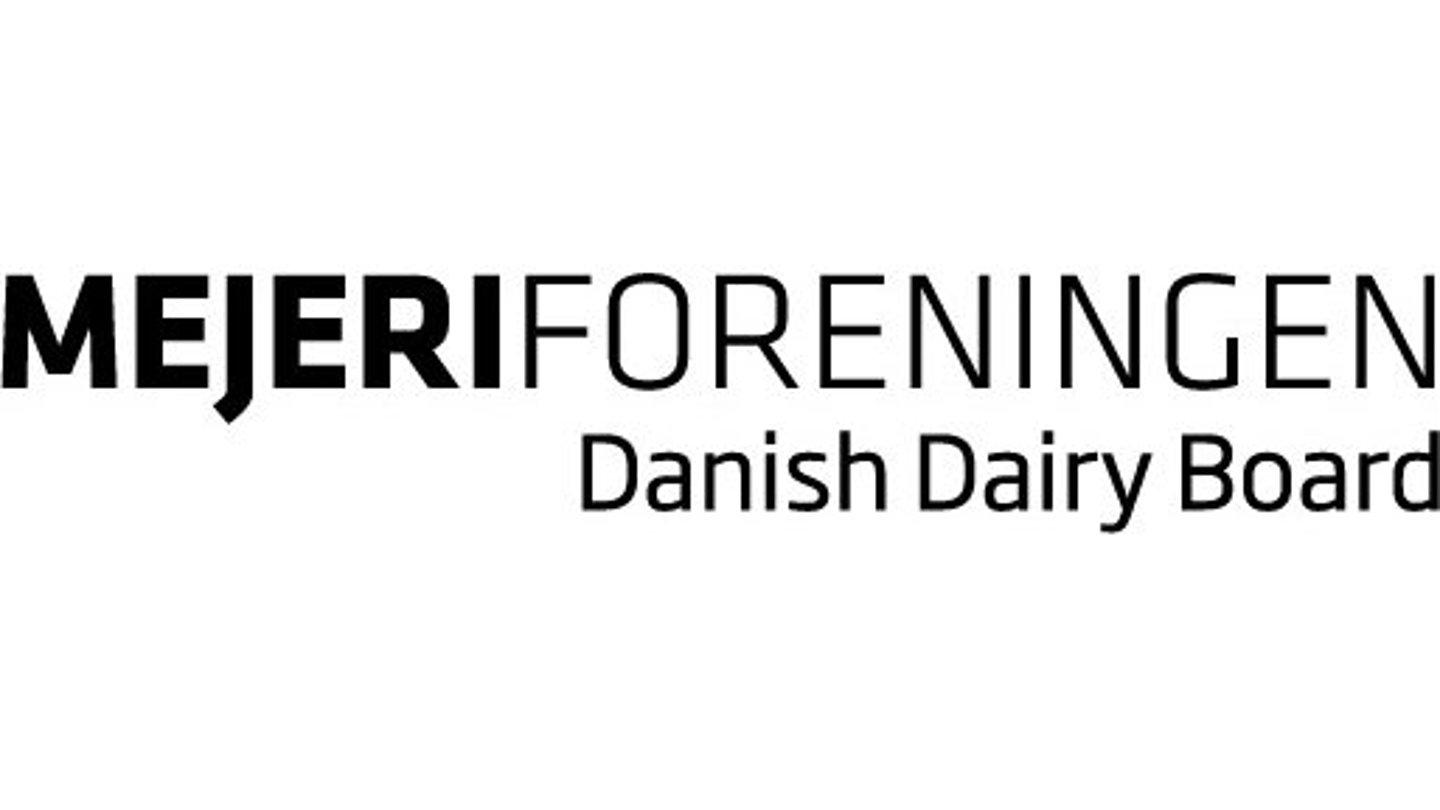
 Munkehatten 28
Munkehatten 28